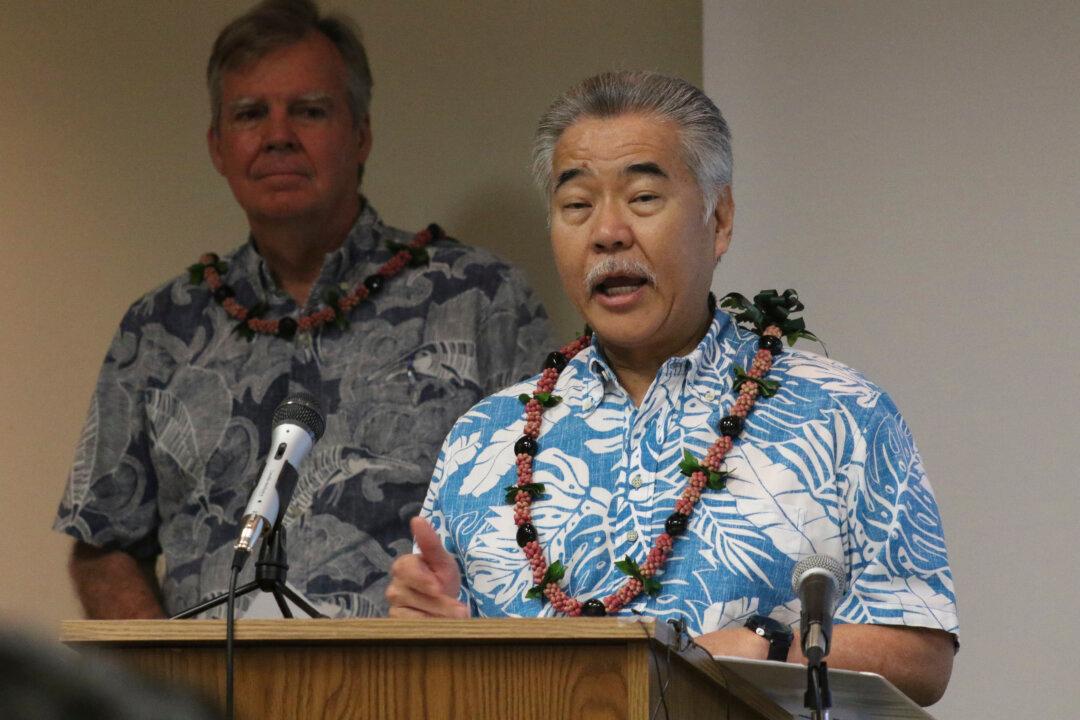Travelers to Hawaii won’t have to show proof they’ve received a COVID-19 vaccine booster shot.
Hawaii Gov. David Ige, a Democrat, made the announcement Feb. 8 after previously indicating the state would require boosters for tourists.


Travelers to Hawaii won’t have to show proof they’ve received a COVID-19 vaccine booster shot.